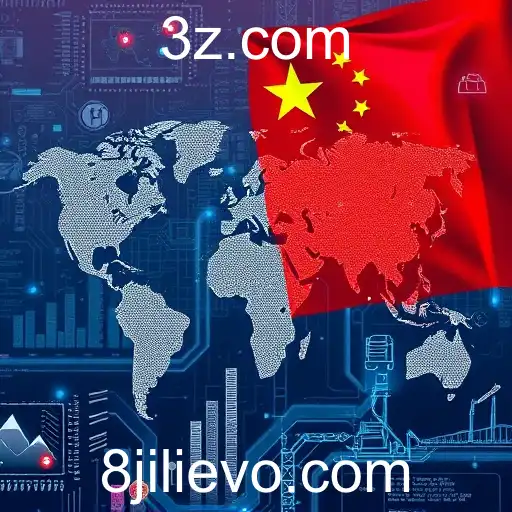
An in-depth analysis of the current global economic landscape influenced by recent technological advancements.
In recent years, the global economy has witnessed significant changes, driven primarily by rapid technological advancements. As we navigate through 2025, these shifts continue to play a crucial role in shaping economic strategies and policies worldwide.
The growing influence of artificial intelligence (AI) and automation has drastically transformed various sectors, including manufacturing, healthcare, and finance. Companies are increasingly adopting AI-driven solutions to enhance efficiency, reduce costs, and improve service delivery. This technological shift is not only optimizing current business operations but also paving the way for the creation of new industries and job opportunities.
However, the integration of advanced technologies also poses challenges. Concerns about job displacement due to automation are prevalent, necessitating the development of re-skilling and up-skilling programs to ensure that the workforce can adapt to changing job demands. Governments and educational institutions are called upon to collaborate to provide the necessary training and education that will support the workforce in this new era.
In addition to these technological transformations, geopolitical dynamics continue to influence the global economic climate. Trade policies, particularly between major economies like the United States and China, remain a focal point of discussions. The ongoing negotiations and tariffs impact global supply chains, affecting prices and availability of goods. Businesses worldwide are closely monitoring these developments to strategize their operations accordingly.
Moreover, sustainability has emerged as a critical focal point. Companies are under increasing pressure to adopt environmentally-friendly practices, not only to comply with regulatory standards but also to meet consumer expectations. The push for a greener economy is driving innovation in areas such as renewable energy and sustainable manufacturing processes.
The current global economic landscape is a complex interplay of technological progress and geopolitical factors. Stakeholders, from policymakers to business leaders, need to remain agile and forward-thinking to navigate these changes successfully. As the world progresses, the integration of technology with sustainable practices holds the potential to redefine global economic paradigms.
Overall, the narrative of the global economy in 2025 is one of transformation and adaptation. Stakeholders must leverage these changes to foster growth and ensure stability in an increasingly interconnected and technologically advanced world.




